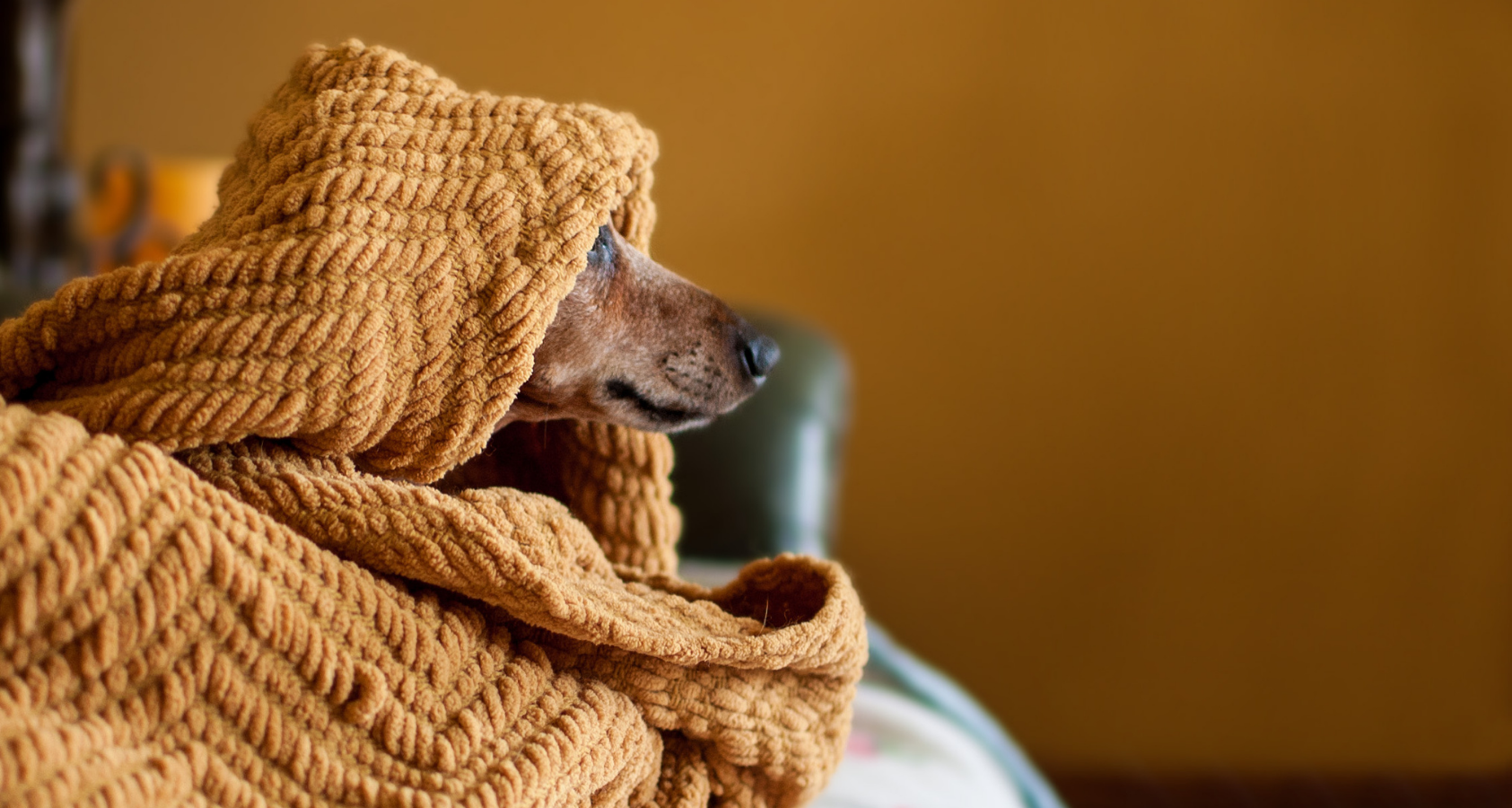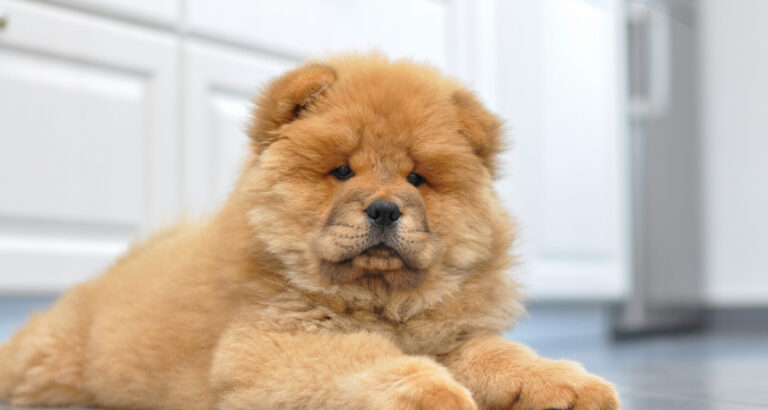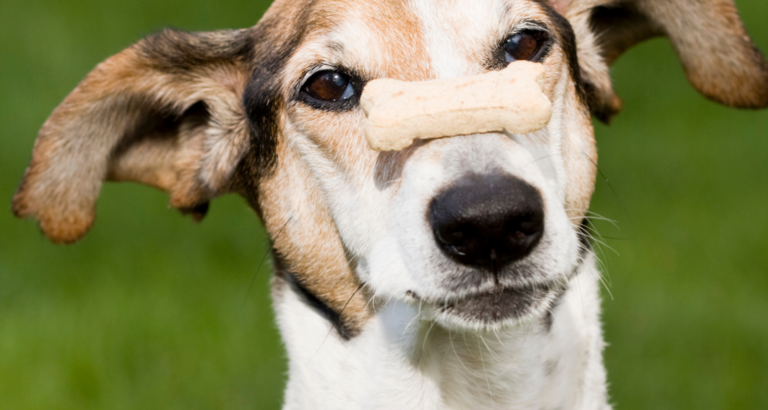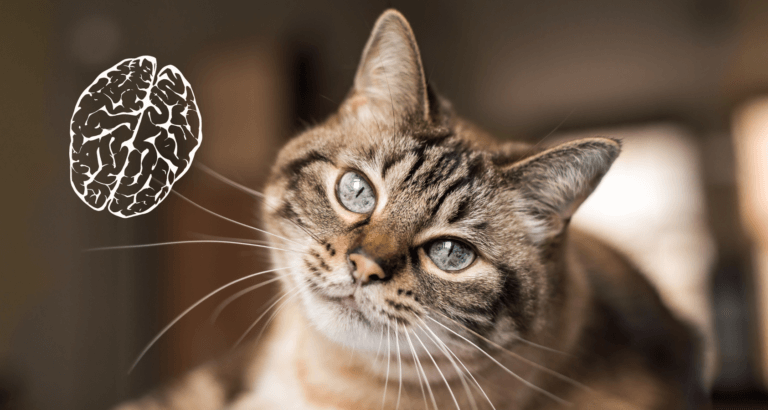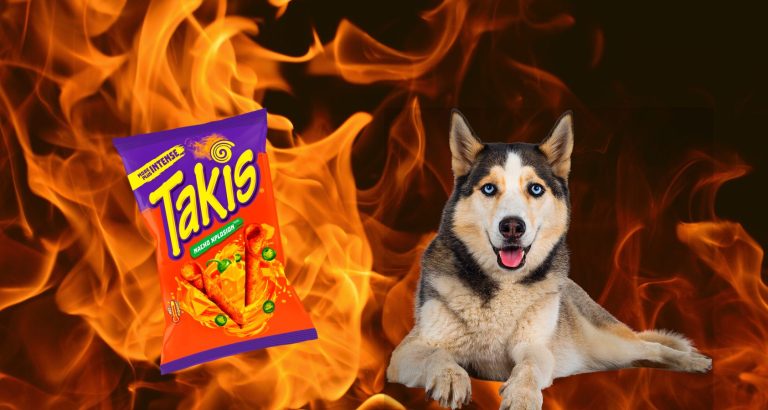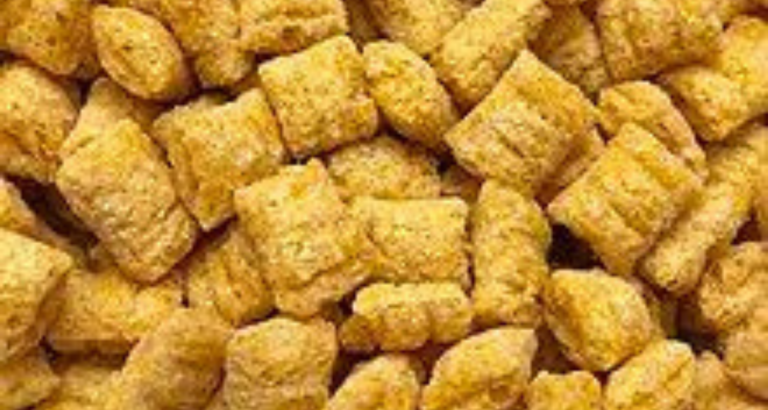My Dog Ate Part of My Blanket? What Do I Do Now?
Last updated on March 21st, 2023 at 03:36 pm
Reading Time: 7 minutesThis post may contain affiliate links. If you click and buy we may make a commission, at no additional charge to you.
Dog Ate Part of Blanket
If your furry baby slept in your cozy blanket and you found signs of chewing, you must wonder if my dog ate part of my blanket. Is it Okay? The matter is not the blanket but the dog’s health!
Quick Answer
Your dog may become a blanket eater due to his age, as if he is under the age of six months, he might be on teething. While in adult dogs, chewing could be a sign of anxiety, boredom, or hunger; in some cases, chewing shows that your dog is fearful or curious about anything.
Thus, you need to be careful as soft blanket material may put your pups’ life at risk, and the consequences of eating a blanket depending on the size of your dog and the amount of blanket engulfed. Here you can get why dogs eat blankets with their potential damages and ways to discourage this habit.
So, let’s discover.
Why Does My Dog Chew On Blankets?
Some dogs are naturally inclined to chew or nibble soft materials like bedding or blankets. But some situations add to their habit, and these include:
Teething
Teething is an instinct that may be motivating your dog to chew on his blanket. Your furry baby will lose his baby teeth to make place for the permanent adult ones. This can also be an unpleasant experience, and your dog may want to chew soft objects, including his blanket.
Similarly, if your dog is a natural chewer of the blanket, it is not a big problem. But, if he tears small pieces of it and swallows them, it can be a thing of great concern.
Separation Anxiety
If your dog is aged and seems to have developed the blanket chewing habit, he could be dealing with separation anxiety.
When your dog is left alone at home all day, he may feel nervous and seek ways to relieve his anxiety. If you see howling, barking, pacing, or general restlessness in addition to the chewing, this is most likely the cause.
Hunger
Dogs are sometimes put on a calorie-restricted diet. In these instances, your dog may seek out other items like blankets to chew on in order to get some nutrients.
He may find comfort in a chewing blanket to have a change in his taste.
Even if your dog is getting the proper amount of nourishment, or his daily caloric intake changes, he may become hungry more often than usual.
On the other hand, some dogs have worms or some intestinal issues. You should look for the root cause of the problem to stop your dog from this habit.
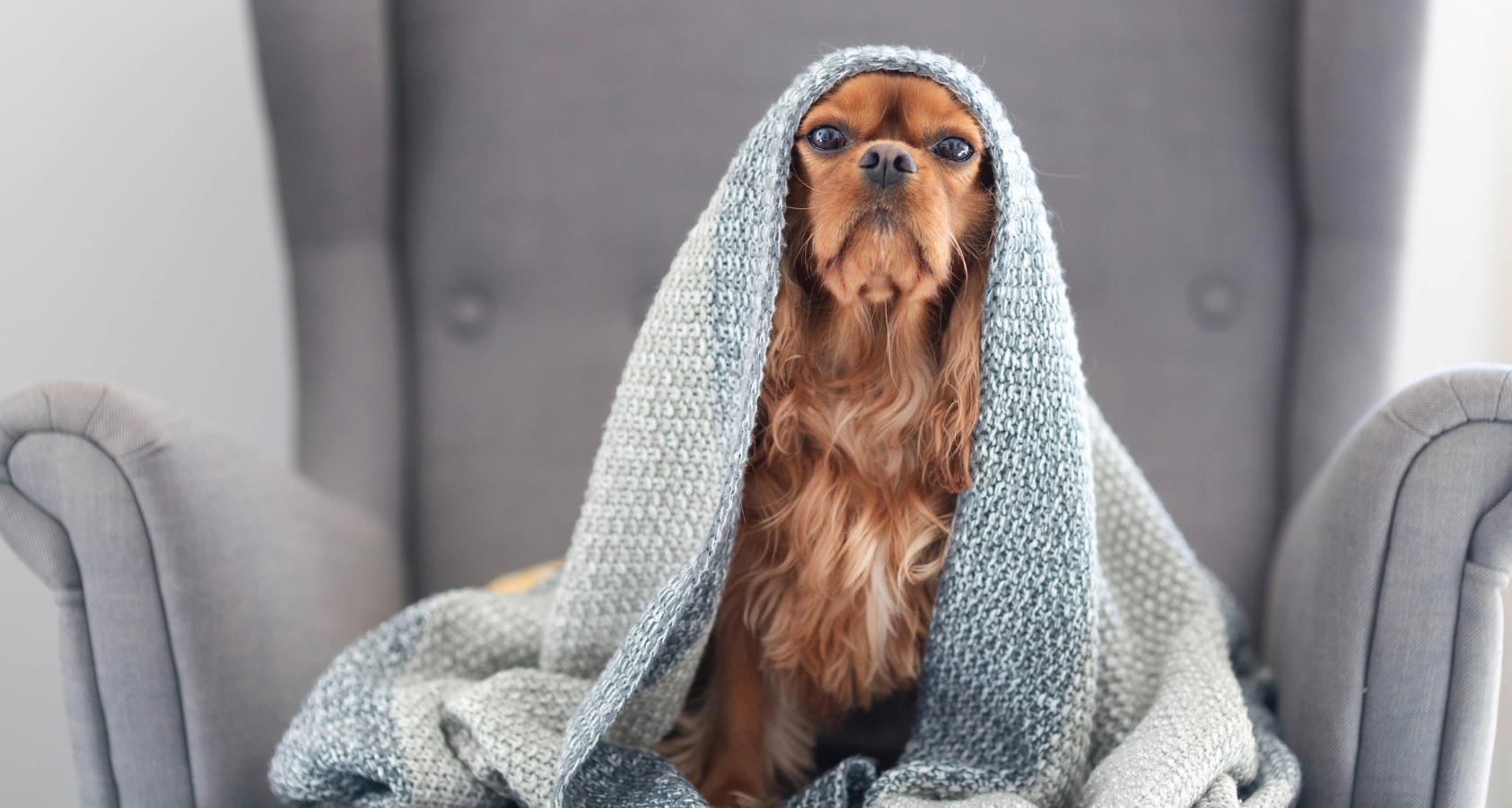
Fear or Curiosity
Fear, threat, and curiosity are some situations in which dogs eat blankets. They may have this particular situation for a while, but it stimulates chewing. For instance, if your small pup does not like the company of larger dogs or some strangers, he may start eating a blanket to get your attention. Similarly, thunderstorm, insufficient light, sudden or loud noises can also make your pup fearful.
While in other cases, curiosity or desire to get anything can also encourage your dogs’ blanket chewing habit. So, try to figure out the problem and work on it.
Why Do Dogs Suck On Blankets?
Your dog may develop the behavior of suckling on other objects, such as their blankets since their inherent need to suckle has been rejected.
In dogs, blanket sucking is a self-comforting reflex. Stressful conditions cause it, and it’s more common in dogs who don’t get enough maternal care as puppies. Dogs who miss their mothers’ warmth and love seek it out in blankets or other similar textured materials.
This would be a natural pick due to the soft, cuddly nature of the blanket.
My Dog Ate Part of a Blanket – What Should I Do Now?
Swallowing a blanket can block your dog’s intestine. If you left your dog alone at home, he might eat many pieces of blanket. As a result, that blanket may get stuck in his intestine and block it.
Here are a few symptoms if your dog’s intestine is blocked due to eating a blanket.
- Lethargy
- Lip-smacking
- Vomiting
- Abdominal Pain
- Loss of appetite
- Difficulty in defecating
- Drooling
If your dog has a severe intestinal blockage, he will need to have an intestinal X-ray and possibly surgery to take that piece out. So, instantly call your vet to take your furry baby to the clinic and seek medical advice.
The second problem you may face is ‘My dog ate a blanket and is vomiting.’
If your dog accidentally eats a blanket and starts vomiting. It is because he cannot digest that part of the fabric, and his stomach rejects it.
- As a result of indigestion, that engulfed piece of the blanket is vomited out by your dog. It is a kind of food rejected by your dog’s stomach and is safe.
- If your dog shows any other severe symptoms like disturbed breath patterns despite vomiting, you should see a vet at once.
How Long Does It Take For A Dog To Pass The Blanket?
When your dog ingests something, it usually takes 11 to 24 hours to digest and pass out that thing. But, if that thing is a hard object or your dog is having trouble digesting, it may take weeks and even months.
As the blanket is soft fabric material, your dog should pass it out after the usual time. But in case of any severity, your dog is at the risk of blocking his intestines.
You may need to immediately take him to the vet for a complete examination. Your vet might advise taking an x-ray of the digestive system depending on the severity of your dog’s condition.
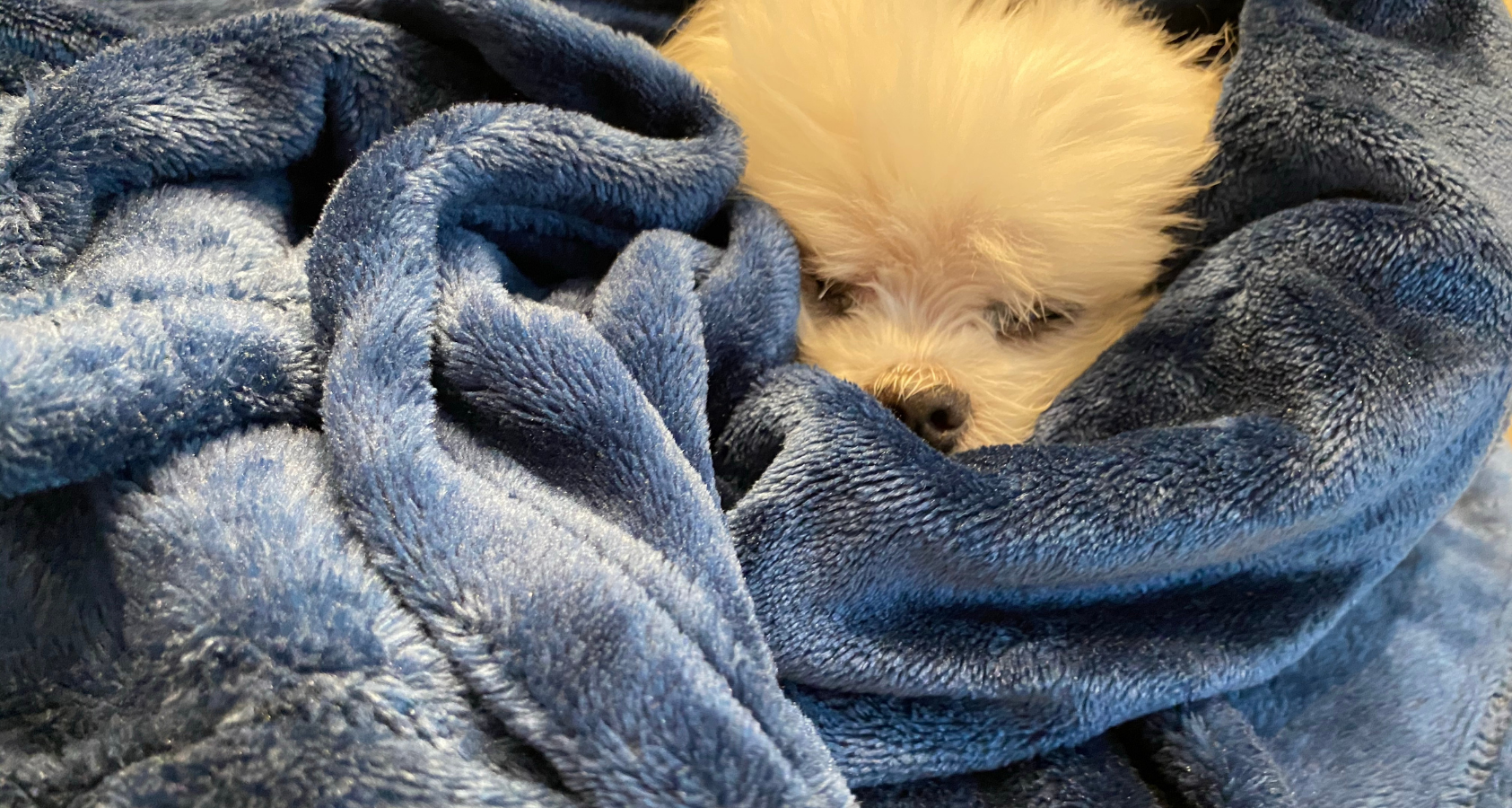
How To Stop Dogs From Eating Blankets?
Destructive chewing of blankets is an annoying, unpleasant, and even dangerous activity that you will want to eliminate as soon as possible. These are some practical ways that you can use to keep your dog from chewing your blanket
Understanding Chewing
Dogs have a natural desire to chew. Chewing keeps your dog’s teeth healthy, relieves anxiety, and keeps him entertained. Unfortunately, problems might arise when your dog begins chewing blankets and fabrics excessively.
You cannot stop your dog from chewing completely, but you should be able to divert his chewing habit to more appropriate objects.
Providing Alternatives
Giving your dog lots of exercise and playtime daily is recommended to help lower his energy level and reduce the probability that he would be bored or energetic enough to tear his bedding during downtime.
Chewing Alternatives for Dogs: |
|
| Food | Toys |
| Carrots | Edible dental chews |
| Meaty treats | Antlers |
| Calcium snacks | Safe stuff toys |
| Pegetables | Bully sticks |
| Coconut | Rubber or nylon chew rings |
| Salmon | Wishbone toys |
Chew Toys
You can also give him chewable toys that are safe for dogs. He will find something new and exciting to chew, and you will no longer be worrying about your blanket.
Puzzle Toys
Giving your dog puzzle toys is another thing that fills the demand. He will find it interesting to operate the toy in a specific direction only. He will include himself in a healthy activity and not think about the blanket.
Extra Love and Care
If you notice your dog is chewing and eating a blanket just to get your attention. You should cuddle him and play with him more.
Whenever you notice he is chewing a blanket, you should go to him and caress him. Your extra love and attention can help your dog to stay away from this habit.
Stop Providing Bedding and Blankets
If he is still interested in chewing the blanket despite giving your dog a couple of chew toys, don’t provide him with the blanket.
Your dog does not need bedding and blankets. If the weather is too cold for your dog, ensure using some dog sweaters instead of blankets.
If your dog chews a blanket from your bedroom, don’t allow your dog to step on your bed and hide in your blanket. Proper training can help eliminate this habit of your dog.
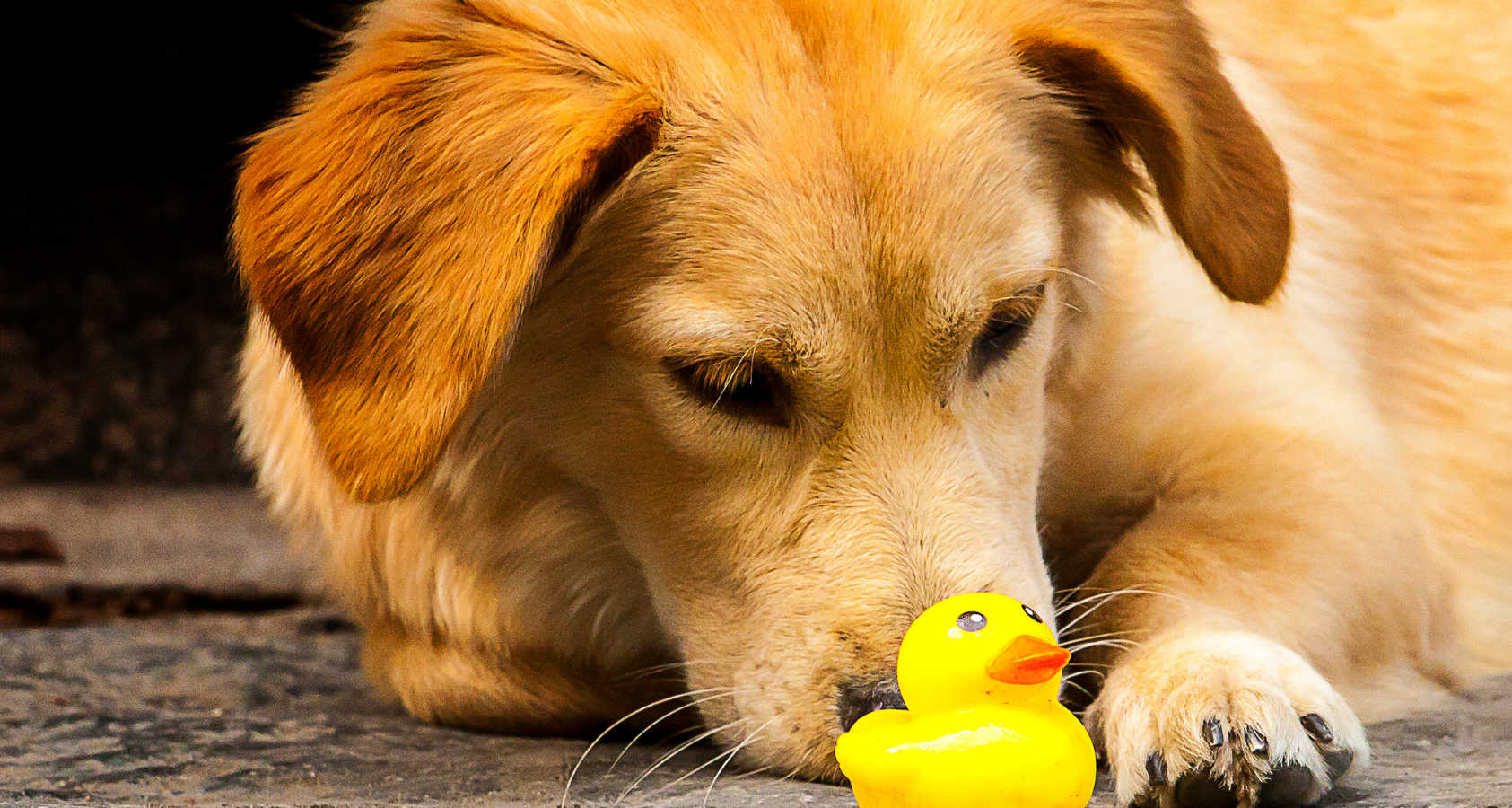
The Ultimate Solution!
The last Solution you can use is completely taking away any blankets your dog is chewing. This is usually the case if your pup is very severe blanket chewer.
Giving your dog blankets to sleep on is not essential to your dog’s quality of life. Further, these blankets may be more harmful than comforting. You are not only your dog’s comfort provider but also his guardian.
In this important role, it is up to you to determine what is safe and what is not where your furry babies are concerned.
Conclusion – Dog Eating Blanket
Blanket chewing and eating by dogs is a common problem. It can be due to some behavioral or medical issue. Ordinary chewing habits of blankets can be corrected by training your lovely fellow. But before it gets worse, you should visit a veterinary behaviorist to ensure the healthy life of your dog.
About The Author
I'm a content writer and researcher. But bottom line, I loveee animals. I had my first animal which was a guinea pig at age 8. Later had a bunny, dog and a lot, a lot of fish. Writing about what I know about pets will allow me to share my knowledge and love for them with everyone else. Dealing with dogs my entire life, I know a lot.

